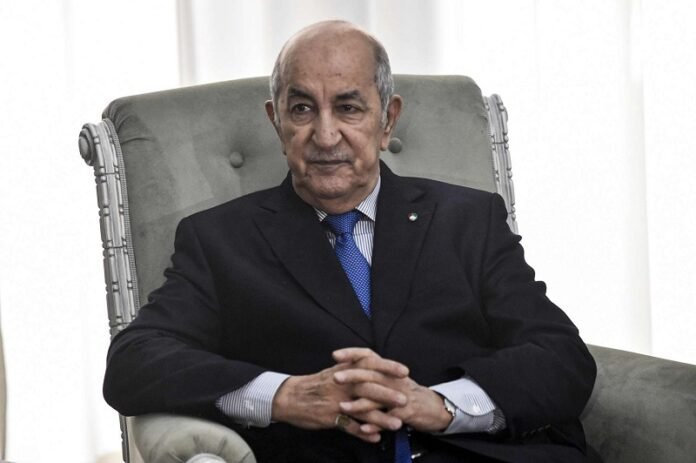Report: Algeria Faces France with Expected Diplomatic Decisions and Insists on Proceeding with the “Spanish Scenario”
Recent developments regarding the Western Sahara issue have garnered significant international attention, following French President Emmanuel Macron’s announcement of support for Morocco’s sovereignty over the territory. This announcement triggered strong reactions from Algeria, which decided to withdraw its ambassador from Paris as the first step in a series of potential measures.
According to French media reports, such as Le Figaro and TF1, Algeria may follow up the ambassador’s withdrawal with additional decisions that could have an economic and commercial nature. Algerian Foreign Minister Ahmed Attaf indicated that this step represents a reduction in diplomatic representation and heralds forthcoming measures.
Algerian political analyst Faiza Mtaoui commented that the withdrawal of the ambassador is an indicator of the escalation of the diplomatic crisis to a serious level, and this step could be a prelude to a complete severance of diplomatic relations. He also noted that Algerian President Abdelmadjid Tebboune’s visit to France might be threatened with suspension due to the disagreement over Western Sahara.
These developments recall the scenario that Algeria followed with Spain in March 2022, when Algeria withdrew its ambassador from Madrid after Spanish Prime Minister Pedro Sánchez’s announcement of support for Morocco’s autonomy initiative under Moroccan sovereignty. Algeria followed this decision by suspending the friendship and cooperation treaty with Spain, as well as its commercial relations, except for gas exports.
Despite the pressure Algeria exerted on Spain, Madrid did not change its position, eventually leading Algeria to appoint a new ambassador to Spain and resume its trade relations.
In this context, Dr. Ahmed El-Dardari, Professor of Political Science and Head of the International Crisis Monitoring Observatory, predicted that Algeria will repeat the “Spanish scenario” with France. He confirmed that this recklessness might lead Algeria to face severe international consequences, potentially encountering harsh decisions from the international community and French interests.
El-Dardari pointed out that France might end its deteriorating relations with Algeria at the African level, especially as Algeria might implement measures that could further deteriorate its international relations. He also added that Algeria might increase risks and manipulate gas or affect French interests, which could significantly escalate the situation.
The key question here is: What card will Algeria play against France amid these escalating crises? Will Algeria succeed in achieving its goals, or will these decisions exacerbate Algeria’s international isolation?
As Algeria continues its controversial diplomatic moves, we must question the effectiveness of Moroccan diplomacy in isolating Algeria internationally and exposing its tactics, and how these dynamics will impact relations between Algeria and France and the global scene in general.


